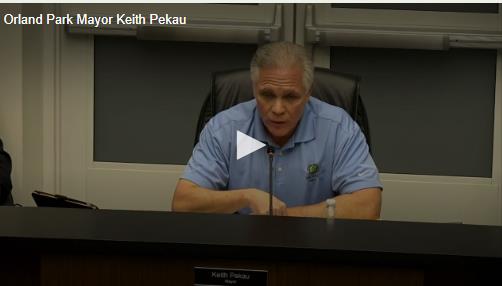
The Australian government has quietly expanded its ban on Australian citizens leaving the country to include people who are ordinarily residents in another country, meaning that even people who live overseas may not be allowed to leave Australia.
Prof Kim Rubenstein, an expert in citizenship law from the University of Canberra, said the change would unfairly affect Australians from multicultural backgrounds and could be constitutionally invalid.
Currently, Australian citizens and permanent residents are banned from leaving Australia, and have to apply for an exemption to do so, which can be granted for employment, study, or compassionate reasons, among others.
However, if an Australian citizen is ordinarily resident in another country, they are automatically allowed to leave.
On 1 August, the health minister, Greg Hunt, amended the legislative instrument that created the overseas travel ban to remove this exemption – and further tighten rules on Australian citizens or permanent residents.
Effective from 11 August, even Australian citizens who are ordinarily resident in another country will have to apply for an exemption to leave the country, and could be denied.
The Department of Foreign Affairs defines someone as “ordinarily resident in another country” if they spent more time outside Australia than inside for the last 12 to 24 months.
Australian citizens who are seeking to return to Australia are still required to apply, comply by arrival caps, and pay for their own hotel quarantine. Only Australian citizens and permanent residents are allowed to enter Australia.
Rubenstein told Guardian Australia that the government had placed some of the harshest restrictions in the world on its own citizens.
She said criticism of the exemption as a “loophole” was unwarranted.
“It’s not really a loophole, it is the normal rights of a person to travel back and forward to their country of citizenship,” she said. “They have made it even more draconian than it was at the beginning. No matter where you are from in the world, if you land here, you could be trapped.”
Rubenstein said the change would also discourage Australian citizens who had moved overseas to return home, for example, if they had to care for a family member or similar.
According to the 2016 census, 49% of Australians were born overseas or had at least one parent who was born overseas.
“I think the fairness issue comes back to being human beings in a globalised world,” she said. “Australia is a multicultural society. You are severely impacting the lives of people who have families abroad, who want to be able to connect with and spend time with their families in a Covid-safe way.”
On Monday, Hunt made the amendment to a declaration under the Biosecurity Act that first set up the overseas travel ban at the start of the coronavirus pandemic.
An explanatory statement from the health department said that people who would be affected “have had substantial time in which to take action under the exemption” since it began in March 2020.
“The exemption was not intended to enable frequent travel between countries,” it said. “The amendment will reduce the pressure on Australia’s quarantine capacity, reduce the risks posed to the Australian population from Covid-19, and assist in returning vulnerable Australians back home.”
According to the statement, the department of home affairs, the department of foreign affairs and trade, and the Department of Prime Minister and Cabinet were all consulted about the change ahead of time.
“A person will no longer be able to rely on an automatic exemption to travel overseas where they ordinarily reside in a country other than Australia,” it says.
The home affairs minister, Karen Andrews, said that the change does not stop Australians from leaving the country, but “provides a balanced approach”.
“Travel exemption arrangements have been updated to improve consistency on border measures for all Australians,” she told Guardian Australia.
“This does not stop Australians ordinarily resident outside Australia from departing, however these people will now need to apply for an exemption. These restrictions provide a balanced approach between allowing Australians to travel, if essential, while protecting community health.”
Andrews said the exemptions system was “based on health advice and enables people to travel if essential” but it “is ultimately about keeping Australians safe from overseas Covid transmission”.
But Rubenstein said that the ban on outwards travel for citizens and the further ban on residents of other countries, could be unconstitutional.
“It is questionable whether there is a valid constitutional power to restrict Australian citizens from leaving the country. What is the head of power that is restricting someone from leaving? It can’t be quarantine, because it is not a question of quarantine because you are leaving the country.
“If it is external affairs, it would have to be very closely related to the treaty under which the act is made … And I think restricting people from leaving their own country, you’d need to find something that is directly linked to that.”












